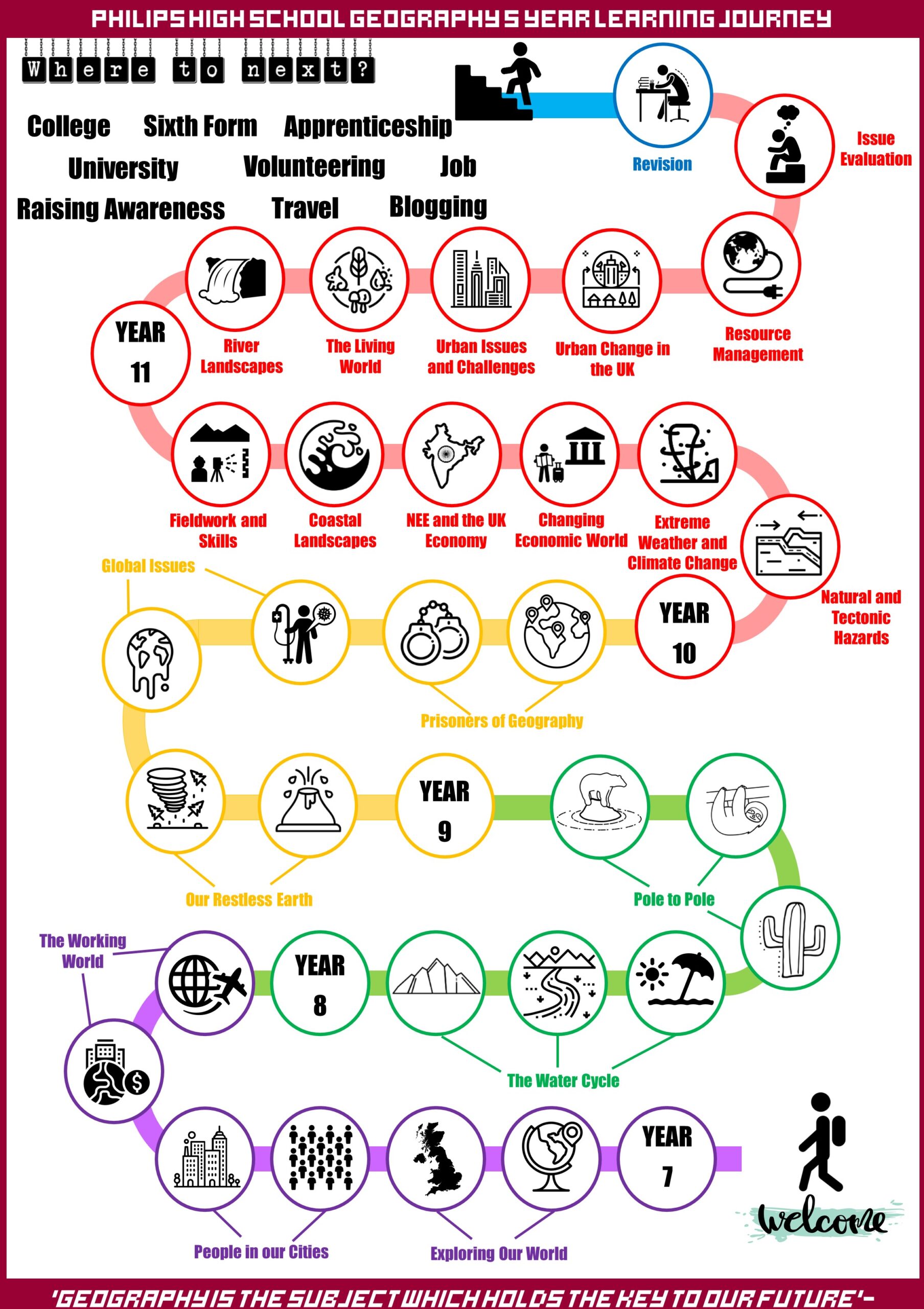Introduction
The geography department has three full time members of staff.
The National Curriculum for geography aims to ensure that all pupils:
- Develop contextual knowledge of the location of globally significant places – both terrestrial and marine – including their defining physical and human characteristics and how these provide a geographical context for understanding the actions of processes
- Understand the processes that give rise to key physical and human geographical features of the world, how these are interdependent and how they bring about spatial variation and change over time
- Are competent in the geographical skills needed to collect, analyse and communicate with a range of data gathered through experiences of fieldwork that deepen their understanding of geographical processes
- Interpret a range of sources of geographical information, including maps, diagrams, globes, aerial photographs and Geographical Information Systems (GIS)
- Communicate geographical information in a variety of ways, including through maps, numerical and quantitative skills and writing at length
Curriculum intent
At Philips, through our geography curriculum we want our pupils to promote a natural curiosity and understanding of the world around them. It is important to us that our pupils have an understanding and care for their impact on the world. Pupils need to be able to understand different lives from their own, observe cultures and the challenges people face from all over the globe.
Through enquiry-based learning we want to equip our pupils with knowledge about diverse places, people, resources, natural and human environments, together with a deep understanding of the Earth’s key physical and human processes. This will help build and develop transferable skills that they can take into the future world of work.
Finally, it is important that our pupils are able to form their own opinion of the world in which they live. For them to be able to do this, the curriculum is designed to build on analytical, evaluative and justification skills.
As a department we have built a spiral curriculum that constantly provides opportunity for pupils to revisit prior knowledge from key stage two and throughout key stage three and four. This allows a fantastic platform for our pupils to be the best, well-rounded geographers they can be for their future lives.
Outside the classroom
- Year 7 – Malham Cove
- Year 8 – Ainsdale Beach
- Year 9 – TBC
- Year 10 – Coastal Fieldwork – Cleveley’s Beach
- Year 11 – Salford Quays
What do students study in geography?
Key stage 3 curriculum overview
- Exploring our world
- People in our cities
- The working world
- The water cycle
- Pole to pole
- Our restless earth
- Global issues
- Prisoners of geography
Key stage 4 curriculum overview
- Living with the physical environment
- Challenges in the human environment
- Geographical skills
- Natural and tectonic hazards
- Extreme weather and climate change,
- Changing economic world
- NEE and the UK economy
- Coastal landscapes
- Fieldwork and skills
- River landscapes
- The living world
- Urban issues and challenges
- Urban change in the UK
- Resource management
- Issue evaluation
- Revision
Learning journeys




